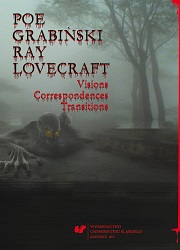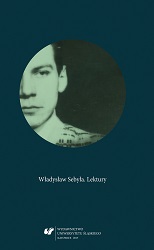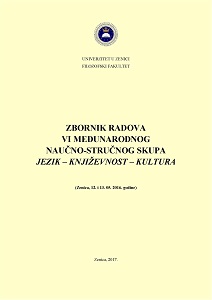
Edgar Allan Poe e André de Lorde: alla ricerca dello spavento
Andre de Lorde was a very fruitful French writer who above all was known in Paris as an author of plenty funny dramas. His dramas were played on all Parisian stages and nobody would never expect him to became “the prince of fear”. One day he discovered Edgar Allan Poe’s story: The System of dr. Tarr and prof. Fether which shocked and inspired him somuch that he decided to write freezing the blood in veins stories from that day on. It is hard to analyze each of Lorde’s numerous dramas, therefore the Author presents in this article the three of his most characteristic pieces influenced by Poe’s style of writing.
More...

